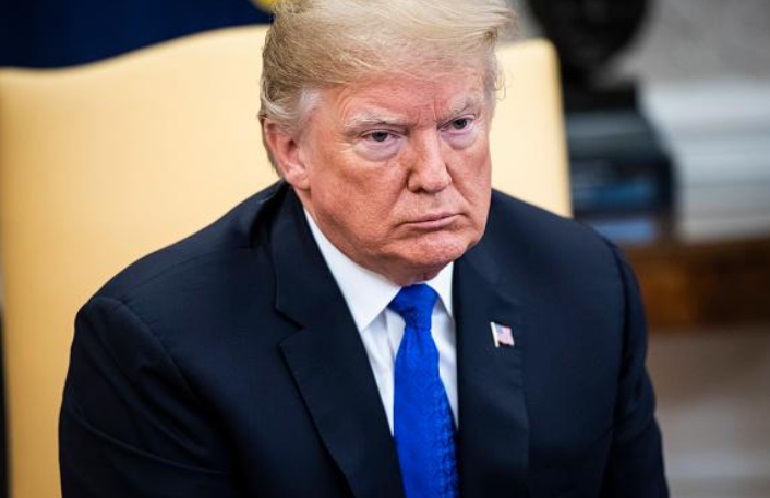- April 13, 2019
- No Comment
- 107
IRS Deadline extended by the House Democrats over Trump Tax Returns

The Internal Revenue Service missed the April 10 deadline to provide President Donald Trump’s personal and business tax filings of 6-years. But the Democratic leadership of the committee has given the IRS a little more time to comply and called the agency’s concerns regarding the request meritless. The Ways and Means Chair Richard Neal sent the IRS a request for Trump tax information on April 3. The request pointed a portion of the IRS Code giving certain committee’s authority to access any return or return information. However, when April 10 came around, the IRS response came not from Commissioner Charles Rettig but from the Trump cabinet, in the form of a letter from Treasury Secretary Steve Mnuchin.
Mnuchin wrote in his explanation why the April 10 deadline could not be met. He wrote, “The legal implications of this request could affect protections for all Americans against politically-motivated disclosures of personal tax information, regardless of which party is in power. Given the seriousness of these issues, which bear no connection to ordinary tax administration, we have begun consultations with the Department of Justice to ensure that our response is fully consistent with the law and the Constitution”. Chairman Neal sent off a second letter to Rettig at IRS on Saturday morning, brushing off Mnuchin’s arguments.
Neal wrote, “I am aware that concerns have been raised regarding my request and the authority of the Committee. Those concerns lack merit. Moreover, judicial precedent commands that none of the concerns can legitimately be used to deny the Committee’s request”. Neal argued in this second letter that the law granting him the authority to request tax documents is Unambiguous and raises no complicated legal issues that warrant supervision or review by the Justice or Treasury Departments. Neal added, “It is not the proper function of the IRS, Treasury, or Justice to question or second guess the motivations of the Committee or its reasonable determinations regarding its need for the requested tax returns. Indeed, the Supreme Court has consistently noted that the motivations underlying Congressional action are not to be second-guessed, even by the courts”.







